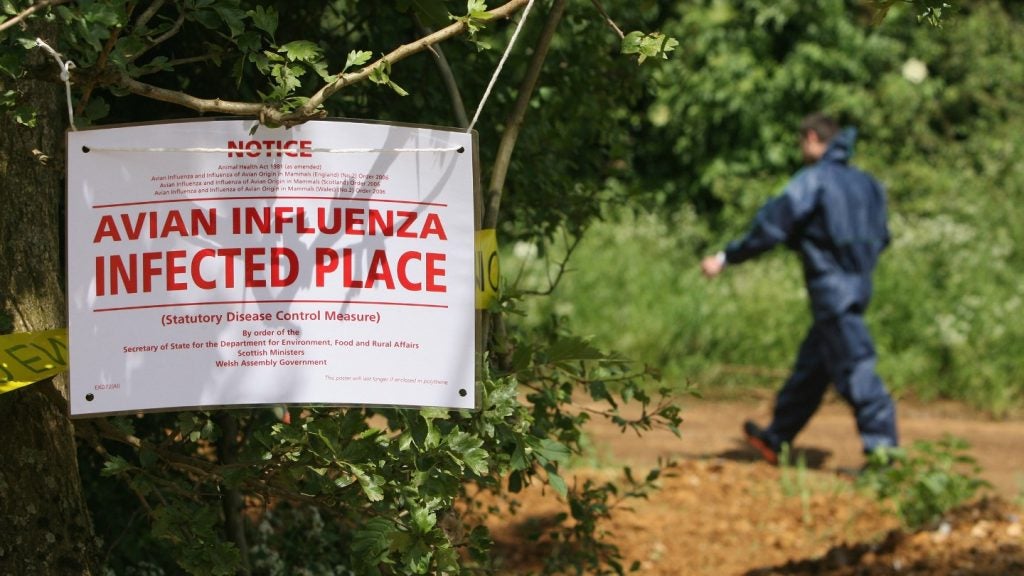The enforcement of the EU’s Regulation on Deforestation-free Products (EUDR) is likely to begin at the end of this year as planned despite calls for a delay, according to an industry analyst.
Concerns about the impact of the regulation on some sectors globally have raised the prospect of a delay to the imposition of the new rules.
Most notably, a US Department of Agriculture spokesperson told Just Food the country’s government was “concerned” about “how the regulation will be implemented and the impact it may have on US producers that engage in sustainable production practices”.
Europe’s centre-right European People's Party has called for a delay as a result of such international pressure, while bodies in the likes of the timber and coffee industries have also voiced support for pushing back enforcement of the regulation.
However, Caroline Midgley, director of biofuels and oleochemicals research at GlobalData, has told Just Food: “I think it is very unlikely that the EU will delay enforcement of the EUDR. However, within the regulations, the EU has a lot of scope to vary how enforcement is achieved. Through the EU statutes, they could delay sanctions, especially if non-compliance is due to their systems not being ready.”
The EUDR came into force on 29 June 2023, repealing the EU Timber Regulation. Operators and traders were given 18 months from that date – the end of this year – to comply with the new regulation, which is aimed at helping to reduce greenhouse gas emissions and limit biodiversity loss by requiring companies dealing in certain commodities within the EU to prove that their product and its value chain are deforestation-free.
The requirements of compliance within supply chains are likely to result in product price increases for consumers, according to a report by GlobalData, Just Food’s parent.
The study, EU Sustainability Regulations: How the EUDR and other Sustainability Regulations will impact consumer markets, suggests the cost of compliance for companies operating in the supply chains for oil palm products and their derivatives and rubber alone could hit the $1.5bn figure, with "a good proportion of these compliance premiums" are likely to be passed onto EU consumers in the form of price increases.
The industries expected to be most affected are food, drink and personal care, with products like coffee, chocolate, soy-based meat alternatives and shampoo making use of affected ingredients. The automotive industry is another that is likely to be hit through tyres and other components, the packaging industry through paper and cardboard and the fashion industry through fabrics and materials.
It is part of a wider slate of initiatives being introduced by the EU aimed at affecting sustainability practices more broadly as it pursues climate neutrality by 2050. These also include the European Green Deal, the EU Biodiversity Strategy for 2030 the Farm to Fork Strategy, the Directive for Empowering Consumers for the Green Transition and European Circular Economy Action Plan.
Of the EU‘s efforts, Fred Diamond, senior food and beverages consultant and analyst at GlobalData, said: “The aims of the EUDR are understandable and cutting greenhouse gas emissions and protecting biodiversity is essential. However, there could be some disruption ahead.
“The extra demands of the EUDR could lead some commodity suppliers in what the EU terms ‘third countries’ to move away from the EU and increase trade with countries that impose fewer regulatory requirements such as China. Some food categories, such as plant-based meat, may have to reformulate and switch to other protein sources, such as pea protein, if the result of the EUDR is an increase in the price of soya for food production.”
















